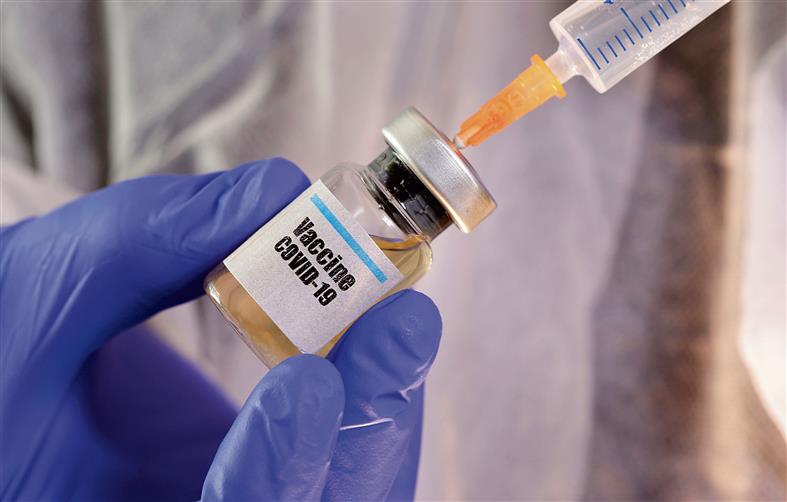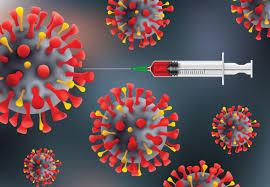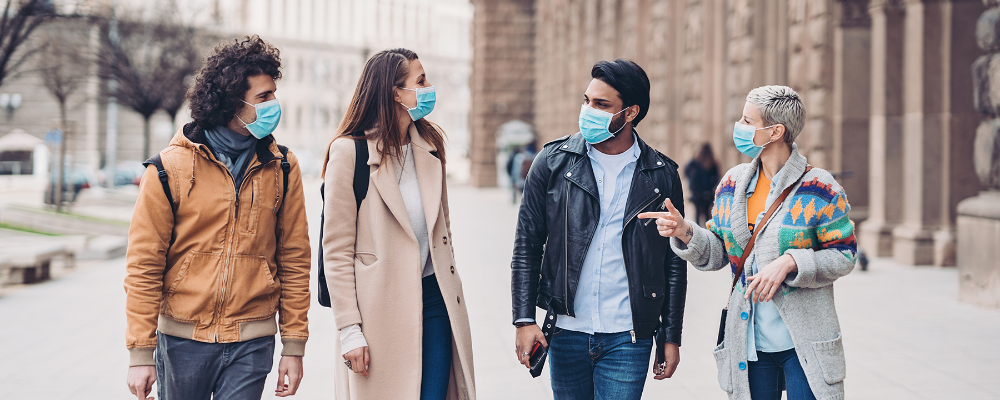COVID-19 mRNA Vaccine FAQ
AUTHOR:Taylor Nelles-McGee
The onslaught of information related to COVID-19 over the past 10 months has been intense and sometimes difficult to decipher. Between changing descriptions of symptomatology, disease course, risk factors, treatment outcomes, incidence rates, safety recommendations, government mandates, and more, there is a lot to keep track of. Even for those of us who make a concerted effort to remain informed and are comfortable reading and understanding scientific literature, the information is not always disseminated in an accessible and digestible manner. On many occasions over the past year, I have found myself puzzling over what is allowed under the current guidelines, and despite being eager to do my part, it is often difficult to find a clear answer. Similarly, it has been challenging to keep track of all of the developments related to the COVID-19 vaccine.
We are all looking forward to putting the pandemic behind us and effective vaccines are an exciting prospect for that reason (provided the government can figure out an effective strategy for vaccine roll-out, but I digress). On the other hand, novel vaccines raise understandable skepticism among many people. This skepticism may be particularly felt by those who are not familiar with clinical trial protocols and who may not possess the scientific background to understand what they are being asked to put into their bodies and why. Likewise, when elected officials responsible for setting health and safety guidelines and keeping us informed are not always following the guidelines themselves, it becomes difficult to trust all of the guidance and information we receive. In an effort to better understand how the COVID mRNA vaccines were developed, their functionality and safety, and more, we’ve done some digging to compile some (hopefully) clarifying content with links to additional reading. Sources include some great Q&As (including this one) and other content by scientists, journalists, and health professionals. We hope it’s helpful!
1. What is an mRNA vaccine anyway?

Messenger RNA (mRNA) vaccines, which include the Pfizer and Moderna vaccines, differ from vaccines that use weakened or inactive forms of a virus or bacteria to produce an immune response. There is no COVID-19 in a COVID-19 mRNA vaccine. Instead, the COVID-19 mRNA vaccines deliver instructions to our immune cells in the form of mRNA. These instructions teach our cells how to create and display a harmless “spike protein” on the cell surface, mimicking the spikes found on the surface of the coronavirus that allow it to invade cells. Once used by your healthy cells, the mRNA instructions are then broken down and excreted. The presence of the spike protein on the surface of immune cells triggers an immune response leading to antibody production. These antibodies then protect against subsequent COVID-19 infection.
Concerns about the vaccine also include what other ingredients are present. Thimerosal, formaldehyde, egg, fetal cells, and aluminum are among the ingredients that some individuals have been concerned about in previous vaccines, none of which are in the current COVID-19 mRNA vaccines. The main ingredients in the Moderna and Pfizer vaccines are mRNA (the message), fatty lipids (to protect the message and make sure it’s delivered properly), salts (to balance body acidity), and sugars. More on the ingredients here. Want to know how they make the vaccine? Find out here!
2. Are there health risks associated with taking the vaccine?
All vaccines approved for use in the United States and Canada must adhere to rigorous safety standards. The long-form of these standards can be found here. Since the vaccines were announced, there have been many questions floating around the internet concerning whether the vaccine can give you COVID-19, alter your DNA, cause birth defects, autism, allergies, or other harmful side effects, or even lead to death. Excellent answers to these questions can be found here and here, but we have also summarized the findings below.
Can it give me COVID-19? No, the vaccine cannot give you COVID-19 as it does not contain the virus itself. However, if you have already been infected with the virus and receive the vaccination during the incubation period, or are exposed within 10-14 days after the vaccination, before it has taken effect, it is possible you will become infected.
Can it change my DNA? The entire process happens outside the nucleus of the cell, so there is no contact between the vaccine and our DNA. Additionally, the mRNA present in the vaccine is broken down and excreted by your body soon after the instructions are received, so it doesn’t stick around!
I’ve heard it can cause birth defects or autism, is that true? A recent nationwide Danish cohort study, found here, further repudiates the hypothetical link between vaccination and autism rates. In terms of vaccination and pregnancy, there is some heterogeneity in the recommendations. However, it is important to note that this is largely due to a lack of data as opposed to a demonstrable risk to pregnant women. Additionally, COVID risk to pregnant women may be more significant than potential vaccination risk. It’s understandable that this would be a concern for pregnant individuals, so more info on that here and here!
Okay but what about allergies and side effects? Haven’t people died? Most side effects are local (fever, soreness at the injection site, fatigue, etc.) and severe allergies are extremely rare. The CDC monitors severe allergic reactions, and provides very specific guidelines to mitigate the risk of allergic reactions, should they occur. More info for people with allergies can be found here. In regards to sensational headlines declaring significant vaccine-related deaths, this article does an excellent job of explaining the stories behind the headlines. In their investigation, no deaths were causally linked to the vaccine.

3. They developed it so quickly – I’m suspicious.
Although the COVID-19 vaccine is new, mRNA vaccines have been studied for decades. Consequently, because the technology already existed, the vaccine could be developed more quickly. More on that here. Physician Julie McIntyre compares mRNA vaccines to a CD player that can play any genre of music. We already had the CD player, we just needed to find the COVID-19 CD. Additionally, due to the massive impact of the pandemic, focus on finding a vaccine, including financial support and collaboration, was unprecedented which accelerated the process. All of the usual safety protocols were followed. The timeline was also sped up as the production of the vaccines began during testing in hopes that the studies would show positive results. This was a gamble that ultimately paid off as it meant that the time between trials and rollout could be minimized. Of note, some vaccines have been rolled out with trials of only 5000-6000 people, whereas over 200,000 participants took part in the COVID-19 vaccine trials.
4. But COVID-19 is mutating, are the vaccines still effective?
Good question! This will depend on the mutation, and in particular, on changes to the COVID-19 spike protein, as this is the way in which it infiltrates healthy cells. Currently, it is thought that the vaccine is still effective, though it may be potentially less efficacious depending on the variant. More information is available here.
5. I am part of a group of people who has experienced systemic barriers to health equity and quality care. I don’t trust the health care system.
This is a common concern. Dr. Eugenia South, assistant professor of emergency medicine at the University of Pennsylvania, recently published this article discussing her experiences as a Black doctor and patient, and the complexities of racism and mistrust in the healthcare system.

6. I got vaccinated, can I hug my friends now?
Unfortunately, it is still possible to spread the virus after vaccination, so masking up, washing hands, and keeping a distance will be the norm for a while.
Ultimately, we will all have to make the decision we’re most comfortable with when deciding whether or not to move forward with vaccination. However, we hope this list will help answer some of your more pressing mRNA vaccine safety questions and provide additional useful resources!